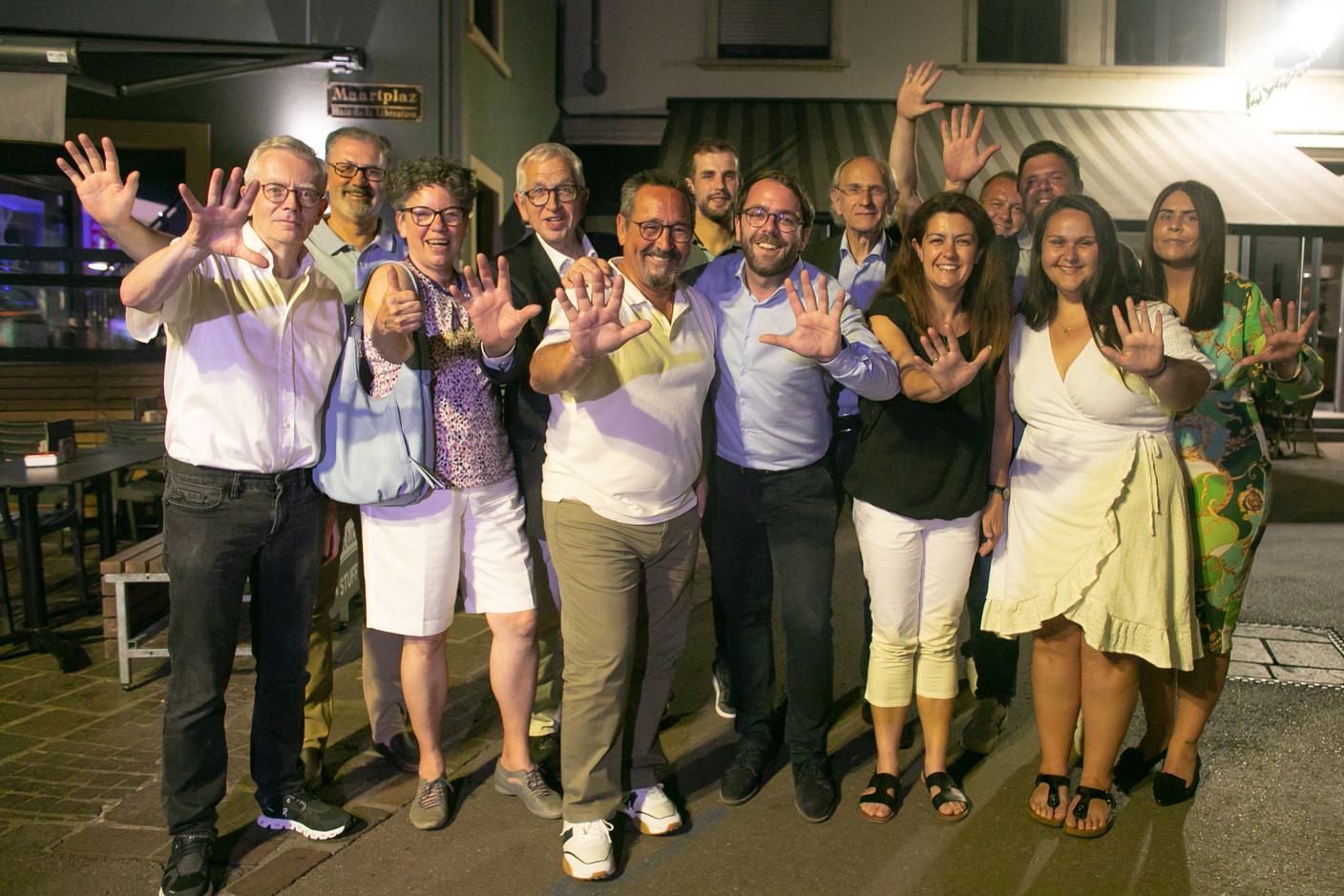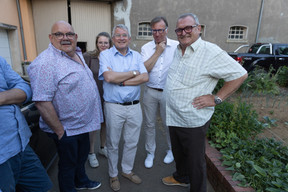Nearly 330,000 voters headed to the polls on a sunny day in communes across Luxembourg on 11 June, but coalition talks could see some of the final outcomes postponed for several days (or more) to come.
In Luxembourg City, one of the most closely watched races in the country, mayor Lydie Polfer was confirmed in office with the DP gaining 31.38% of the vote, and the incumbent winning 15,212 of personal votes. The party leads with 10 out of 27 seats on the town council, adding one more compared to 2017, and could well continue its current coalition with the CSV, which won six seats.
It was a nail-biting finish in Esch-sur-Alzette where the LSAP took 29.57% of the vote, narrowly beating the CSV (29.55%). However, incumbent mayor Georges Mischo (CSV) with 4,977 personal votes led over the LSAP’s Steve Faltz.
While Faltz told RTL that the LSAP should lead coalition talks, the CSV, déi Gréng and the DP late on Sunday announced that they would meet over the coming days to discuss joining forces to reach a majority. Both the LSAP and the CSV took six out of the town council’s 19 seats.
Elsewhere in the south, the LSAP did well, defending its majority in Dudelange and gaining ground in Steinfort, where it took 55.7% of votes. This renders its coalition with déi Gréng unnecessary, but mayor Sammy Wagner on Sunday told the Luxemburger Wort that he had not ruled out keeping the current arrangement.
In Schifflange, the LSAP is looking to lead coalition talks. The CSV and déi Gréng currently hold the majority but the Social democrats won five seats and 34.55% of the vote compared to the CSV’s four seats and 32.36%.
In Differdange, too, the LSAP had a strong showing, becoming the strongest force in the commune after the Greens’ leadership collapsed, slashing the party’s number of seats on the town council from seven to four out of 19.
In Luxembourg’s north, however, the LSAP lost its stronghold Diekirch. And in Remich, the constituency of the party’s candidate for prime minister, Paulette Lenert, it even came last.
Pirate Party one of the winners
Overall, the party lost 2.71% of votes compared to the last local elections in 2017. But it was a difficult showing for the country’s largest parties overall. The CSV’s share of votes dropped from 30.44% to 26.06% while déi Gréng suffered cuts of 3.66%.
The DP on the other hand was able to extend its share of local votes by 2.48%. The party ran with the largest number of candidates at 623, followed by the CSV (601), LSAP (529), déi Gréng (491), the Pirate Party (202), ADR (167), déi Lénk (125), Fokus (63), the KPL (49) and déi Konservativ (38).
Non-partisan citizens’ lists received a significant boost on Sunday. These lists, which don’t adhere to any political party but are constituted by independent candidates who group together, increased their share of votes from 2% in 2017 to nearly 8% this year.
One of the winners of the night arguably was the Pirate Party, which gained seats in numerous town councils, such as in Esch-sur-Alzette, Differdange and Hesperange, doubling its seats from two to four in Pétange.
The CSV on the other hand kept some of its strongholds, such as Hesperange--although mayor Marc Lies will have to look for a coalition partner--and Mamer, and confirming mayor Léon Gloden in Grevenmacher, where the CSV is battling health minister Paulette Lenert (LSAP) over a medical centre operating an MRI machine.
The party shed some feathers in Clervaux, however, where a non-partisan citizens’ list became the strongest group on the town council, leaving the future of mayor Emil Eicher--who also serves as a member of parliament and the president of commune union Syvicol--in question.
Ones to watch included Carole Hartmann (DP) who took the lead in her hometown Echternach. The 36-year-old is a member of parliament and secretary general of the DP. Liz Braz put in an impressive performance for the LSAP in Esch-sur-Alzette. The daughter of former déi Gréng deputy-PM Félix Braz at 26 years old was the youngest candidate on the party’s list, coming in second in the personal votes (3,953) behind candidate for mayor Faltz.
While the major players in politics have already declared their picks for prime minister--including Sam Tanson (déi Gréng) and Luc Frieden (CSV)--top candidates in the local elections also stand a chance to be nominated in the October national elections.
With voting mandatory for Luxembourg nationals and non-nationals who signed up to vote, voter participation was predictably high with 278,361 out of 329,146 registered voters casting their ballot, a turnout of 84.5%.
Nearly 11,000 people submitted a blank ballot paper, however, and more than 14,000 ballots were invalid, for example because the were filled in incorrectly.
















